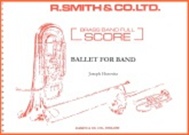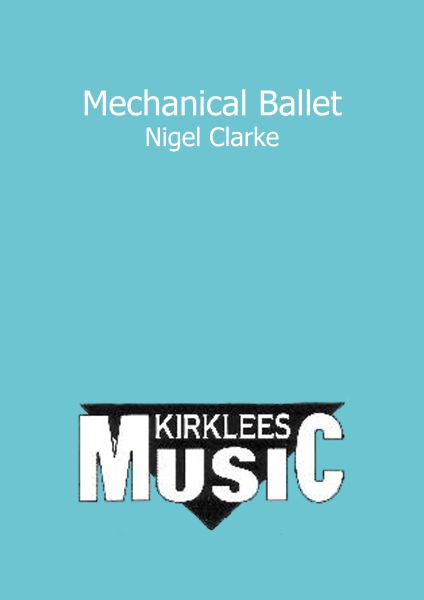Results
-
 £19.95
£19.95Faust (Ballet Music) (Brass Band - Score and Parts)
Estimated dispatch 7-14 working days
-
 £44.95
£44.95Petite Suite De Ballet (Brass Band - Score and Parts)
Estimated dispatch 7-14 working days
-
 £24.95
£24.95Sandpaper Ballet (Brass Band - Score and Parts)
Estimated dispatch 7-14 working days
-
 £59.95
£59.95William Tell (Ballet Music) (Brass Band - Score and Parts)
Estimated dispatch 7-14 working days
-
 £59.95
£59.95Ballet for Band (Brass Band - Score and Parts)
1st Section Test Piece 2016 National Finals of the British Brass Band Championship. Recorded on Polyphonic DPRL901D Joseph Horovitz (The Brass Band Music of)
Estimated dispatch 7-14 working days
-
 £45.00
£45.00Mechanical Ballet
Estimated dispatch 7-14 working days
-
£14.00
-
£36.00
Ballet Fantasy - Pyotr Ilitch Tchaikovsky - Thierry Caens
Estimated dispatch 7-14 working days
-
£29.50
Prelude & Mazurka - Delibes - Barry Strickle
The ballet "Coppelia" was first premiered in May 1870, unfortunately its successful run was interrupted by the Franco-Prussian war. Thankfully, the ballet still went on to become the most performed opera at the Opera Garnier in Paris. The ballet brought Delibes his first taste of success, encouraging him to carry on to other great works such as Lakeme, and Le Corsaire. Arranged by Barry Strickle, the Prelude and Mazurka from Coppelia will be instantly recognizable to most, and features regularly on Classic FM.
In Stock: Estimated dispatch 1-3 working days
-
£24.50
Danse Lithuanienne - Rimsky-Korsakov - Lee Rogers
Mlada was the vision of Stepan Gedeonov in 1870 originally to be performed as a ballet, however it was not until two years later in 1872 that four of the most famous Russian composers were brought on board to score the music for the production (CA(c)sar Cui, Modest Mussorgsky, Nikolay Rimsky-Korsakov and Aleksandr Borodin being the composers in question). Much of the score was created, however the ballet never saw a production and no workable edition is currently in use. Lee Rogers has taken the light hearted 'Danse Lithuanienne' from Rimsky-Korsakov's part of the score and arranged it for brass band. The work requires dexterity from the band and is the perfect showpiece to add to any programme.
In Stock: Estimated dispatch 1-3 working days
